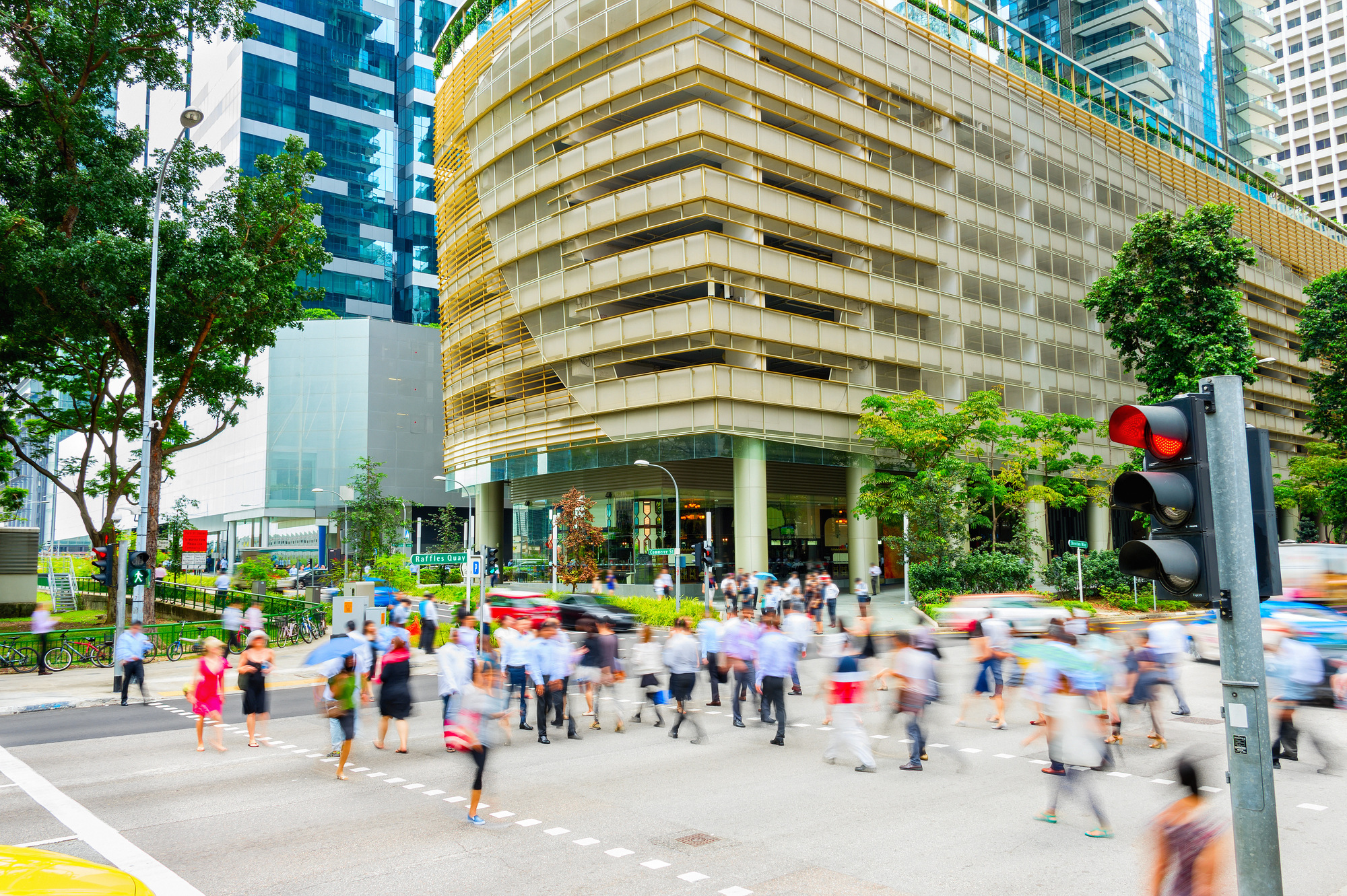SINGAPORE: Singaporeans are the most dissatisfactied with the current hybrid work arrangements compared to other countries worldwide, according to Unispace’s global workplace survey, From Restrictions to Resilience. While hybrid work has become the norm, many employees in Singapore feel the setup isn’t meeting their needs, especially when it comes to “quiet” workspaces and flexibility.
This stands in stark contrast to the satisfaction levels reported by Singaporean employers, who are largely happy with the current working conditions.
But will improved features and amenities for focused work encourage employees to spend more time in the office?
The survey revealed that while only 78% of Singaporean employees are satisfied with their hybrid work arrangement, the lowest percentage globally, 94% of employers in Singapore reported satisfaction, aligning with the global average of 95%.
Earlier this year, the government introduced the Tripartite Guidelines for Flexible Work Arrangements to better match employer and employee needs, with implementation set to begin in December 2024.
Jianhan Qiu, Principal of Strategy (Asia) at Unispace Singapore, explained that with the high dissatisfaction among Singapore workers, “it’s not very surprising” that the government has formalised flexible working arrangements this year.
He noted, “Flexible scheduling is the top element that Singaporean employees would like to see in workplaces in the next five years. While this intends to drive inclusivity and help companies better attract and retain talent, it is just one move and the baton gets handed over to the employers now to evolve their physical workspaces with the times, so they are spaces people want to be in.”
Although the time spent in the office hasn’t changed much, employees’ attitudes towards returning to the office (RTO) have evolved. Also, while building social connections and face-to-face collaboration remain key benefits of office work, Singaporean employees actually spend 67% of their time at their desks working alone, needing “quiet” spaces where they can concentrate.
According to Mr Qiu, workers spend several hours stuck using small phone booths for virtual meetings, boring cubicles, noisy shared desks, or uninspiring conference rooms for focused work, describing these setups as “relics of the pre-Covid era” that are no longer meeting workers’ needs.
The survey also found that 87% of Singaporean employees would be happier to spend more time in the office if they could have flexible start times. Meanwhile, 92% expressed interest in trying out a four-day work week.
Singaporean workers surveyed noted that quiet areas and good lighting along with reliable technology, are crucial for productive work. Notably, only 64% of Singaporean employees feel their workplace allows them to do their best work, compared to 71% globally.
To address these concerns, the report recommends that employers redesign their offices. Workspaces should include quiet zones for focused tasks and more collaborative areas for teamwork. This would help create a better balance between concentration and connection at work.
The survey also highlights a generational divide in workplace preferences. Younger employees, aged 18 to 34, spend less time in the office (3.5 days/week), viewing it as more of a collaborative space. While they prefer working remotely, they are more drawn to office perks.
Meanwhile, older employees (55+) spend more time in the office (4.3 days/week) and value it for leadership roles and focused tasks.
“As it appears flexibility and amenities—not mandates—drive Gen Z office occupancy,” said Mr Jianhan Qiu.
In Singapore, both employers and employees reported a lower sense of camaraderie and belonging within their organisations, with only 30% feeling connected compared to 40% globally. However, 71% of Singaporean employees would be more willing to spend extra time in the office if their workplace featured spaces that aligned with the organisation’s brand, culture, and values.
Mr Jianhan Qiu noted that although younger employees spend less time in the office, their demands for workplace features and amenities were significantly higher than those of older generations.
With Generation Z expected to make up a quarter of the APAC region’s population and about 27% of the workforce by 2025, employers should ask themselves if they’re prepared to make the investment to attract and retain top talent. /TISG
Read also: Singapore workers could save up to S$3.9K annually with hybrid working arrangements—new study
Featured image by Depositphotos

